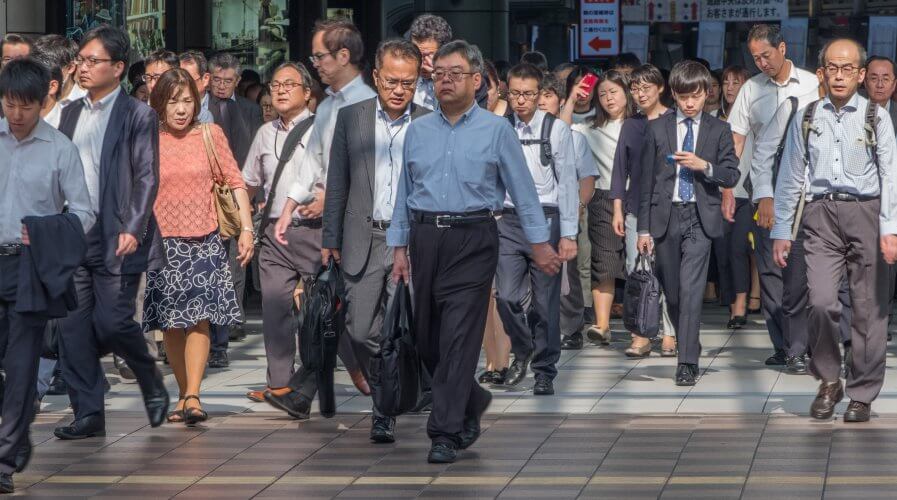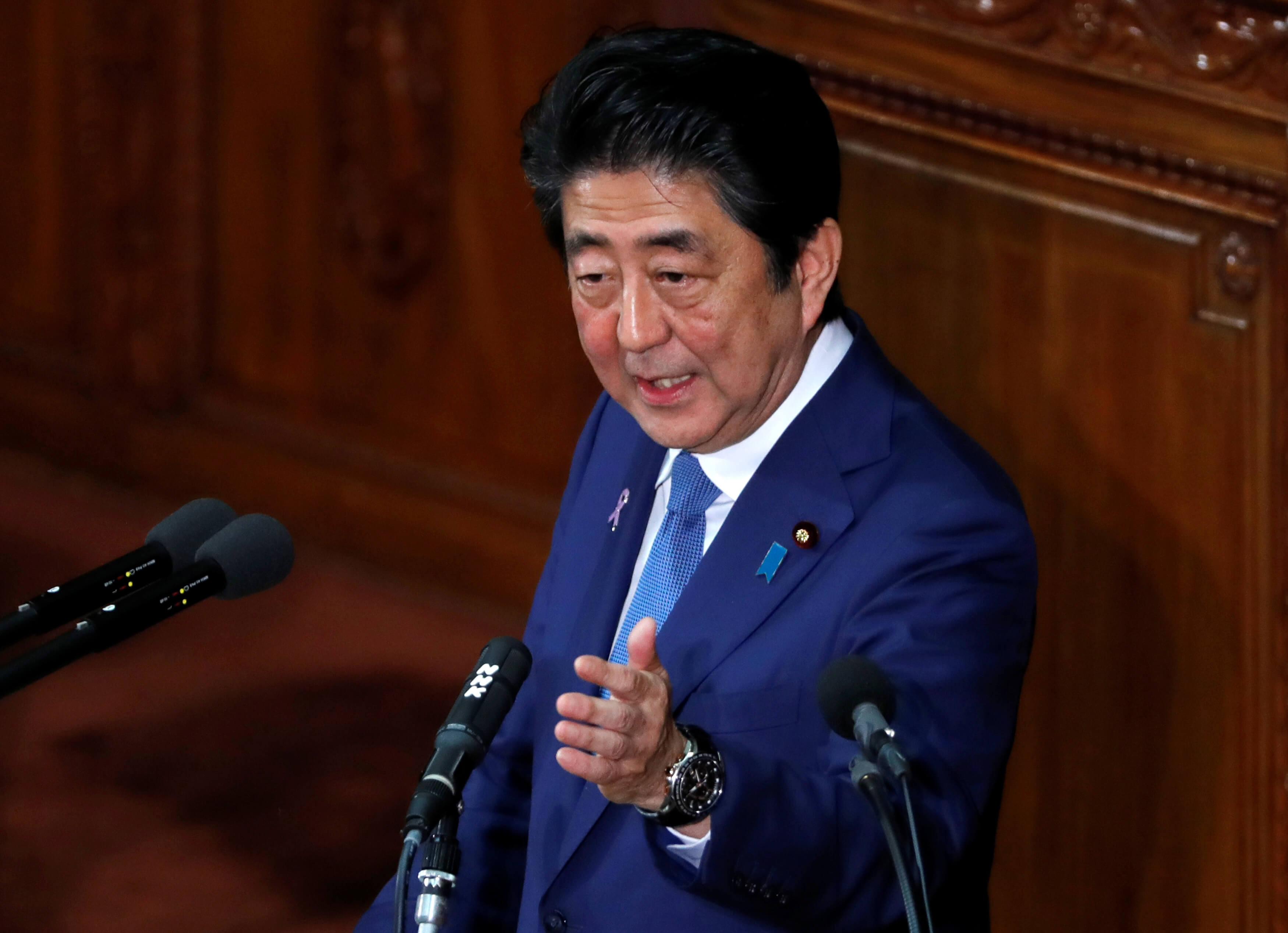
Japan has fallen behind Malaysia, Indonesia and Thailand as desirable work locations for highly skilled foreigners. Source: Shutterstock
Highly skilled foreigners shun Japan
JAPAN came behind Indonesia, Thailand and Malaysia, ranking last out of 11 Asian nations that appeal to highly skilled foreigners, according to the 2017 IMD World Talent Ranking.
Globally, the nation came 51st among 63 nations, while Singapore ranked first in Asia, with Hong Kong coming second.
The ranking, released on Monday, is based on countries’ performance in three main categories — investment and development, appeal and readiness. These include education, apprenticeships, workplace training, language skills, cost of living, quality of life, remuneration and tax rates.
Europe continued to dominate the 2017 list, with 11 out of the 15 most talent competitive economies based on the continent
Whereas in Japan, rigid business practices and a language barrier are considered the main obstacles to hiring top foreign talent.

Abe delivers his policy speech at the lower house of parliament in Tokyo, Japan. Source: Reuters
Japan’s Prime Minister Shinzo Abe government has recognized these challenges and offers highly skilled individuals who meet strict criteria what it claims is the world’s fastest path to permanent residency.
Jose Caballero, senior economist at the IMD World Competitiveness Center, told Bloomberg that the results raise questions about Japan’s ability to sustain the technological development it is counting on to cope with a shrinking workforce.
“In the short term it’s not a major problem, but if this trend continues it will be, especially with the aging population,” Caballero said. “Will the local workforce be enough to develop the technology they need?”
IMD’s results were compiled from a survey of senior executives, both Japanese and foreigners with experience working in the country, Caballero said.
READ MORE
- Ethical AI: The renewed importance of safeguarding data and customer privacy in Generative AI applications
- How Japan balances AI-driven opportunities with cybersecurity needs
- Deploying SASE: Benchmarking your approach
- Insurance everywhere all at once: the digital transformation of the APAC insurance industry
- Google parent Alphabet eyes HubSpot: A potential acquisition shaping the future of CRM




